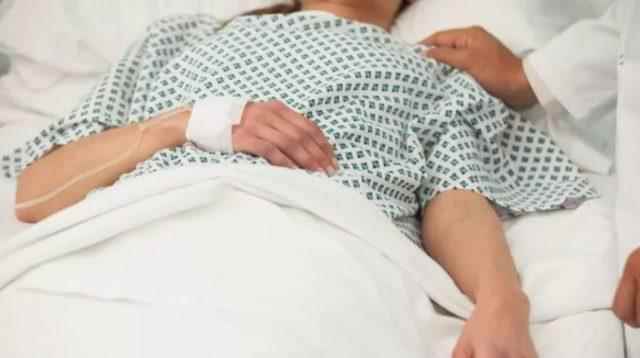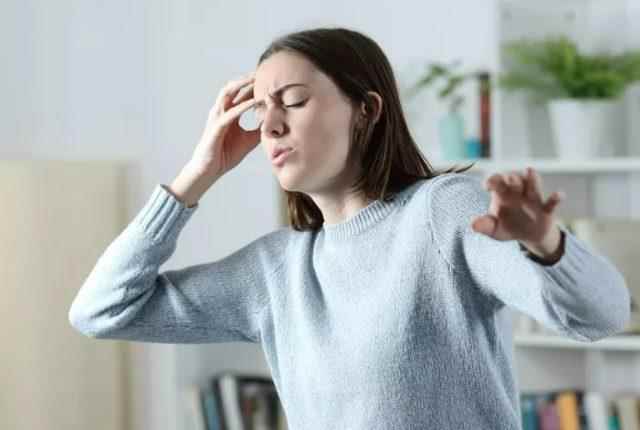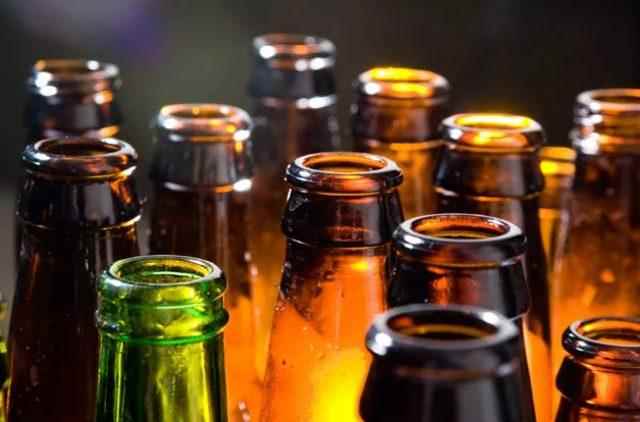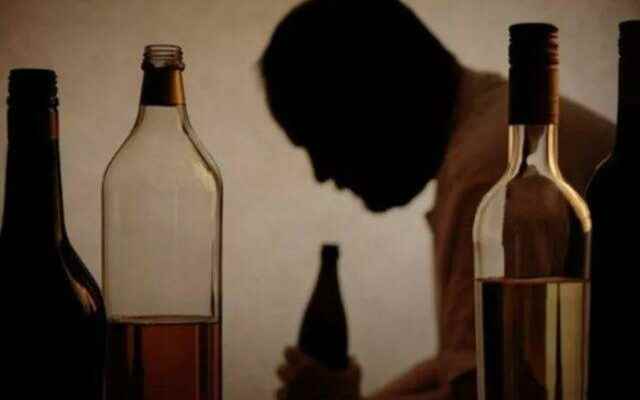Stroke, which is the third leading cause of death worldwide, cripples millions of people each year. Unhealthy habits increase the risk of stroke. Studies have found that bad habits double the risk of having a stroke within an hour.
THE RESEARCH WAS DONE WITH 390 PEOPLE WITH PARLIAMENT
Murray A Mittleman at Harvard Medical School in Boston made the discovery with his team in 2010. At the time, he reported that “the effect of alcohol on ischemic stroke risk appears to depend on how much and how often you drink.” The aim of the study was to determine whether alcohol consumption has a direct effect on ischemic stroke. For this, 390 stroke patients were interviewed about their activities in the days before their stroke.
“INCREASE THE RISK OF PALACE IN BOTH LONG AND SHORT TERMS”

14 people admitted to drinking alcohol within an hour of their stroke, while 104 said they had drank in the past 24 hours. According to surveys, 248 more people reported consuming alcohol last year. “The evidence for heavy drinking is consistent in both the long and short term, increasing the risk of stroke,” Mittleman said.
MAY INCREASES THE POSSIBILITY OF BLOOD CLOTS TO OCCUR

Immediately after drinking alcohol, increases in blood pressure can cause blood platelets to become more sticky, increasing the chance of blood clots forming. Drinking alcohol can also trigger atrial fibrillation, which defines the irregular heartbeat.
The condition is also an important risk factor for strokes and increases the risk of ischemic attack fivefold. This occurs when the upper chambers of the heart cannot pump blood efficiently, causing blood clots to form.
FATAL CONSEQUENCES

If a clot moves to the lower chambers of the heart and travels to the blood supply to the lungs, it can be fatal. Although these blood clotting events occur soon after drinking, evidence suggests that alcohol can also pose long-term risks. “Liver damage from too much alcohol can prevent the liver from making substances that help your blood clot,” the Stroke Association warns. “This can increase your risk of having a stroke caused by bleeding in your brain.”
